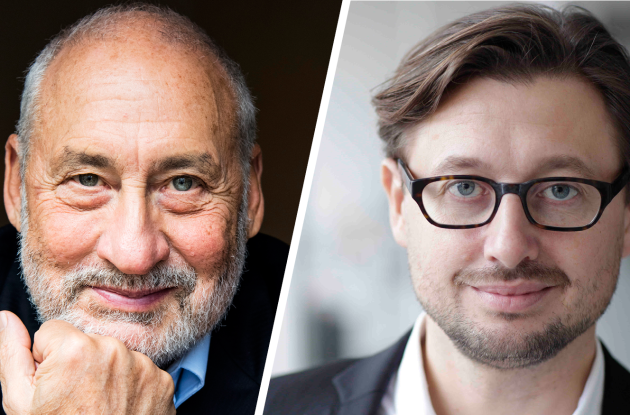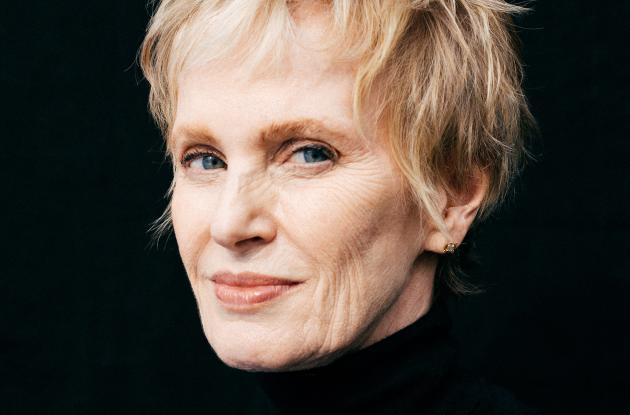Recipient of the Nobel Prize in Economic Sciences, Joseph Stiglitz (US) in conversation with Noa Redington
Meet the recipient of the Nobel Prize in Economics, Joseph Eugene Stiglitz, in conversation about the United States and Europe in a tumultuous time.
When visiting the Black Diamond, Stiglitz will give us an impression of the United States just now - after Trump - and on its way to the midterm elections, and also take a glance at Europe, where the management of the economy is up for debate. Stiglitz is a former Senior Vice President and Chief Economist of the World Bank and chairman of the U.S. President's Council of Economic Advisors.
From economic crisis to social justice and growth in Europe
In his latest book from 2019, Rewriting the Rules of the European Economy - An Agenda for Growth and Shared Prosperity, Stiglitz presents the economic framework for a Europe with faster growth that is more equitably shared, and describes how Europe is in crisis with a sluggish economic growth in many countries, widespread income stagnation, and recession leading to severe political and social consequences.
European governments have not responded adequately to the deep-seated problems and economic and political failures have contributed to an emergence of right-wing extremist parties. If Europe is to return to an innovative and dynamic economy - and if there is to be shared prosperity, social solidarity and justice - then EU countries must break with their current, destructive course.
The book offers concrete strategies for renewal, in both the micro and macro economics, including central banking, public investment, competition policy and corporate governance.
Euro or not?
In his 2016 book The Euro And Its Threat To The Future of Europe, Stiglitz described how the euro poses a threat to Europe's future. The euro has exacerbated the economic inequality and divided Europe between creditors and debtors, and the problems, according to Stiglitz, have been reinforced by an unsuccessful economic policy on the part of the most powerful countries.
In his book, Stiglitz concludes that it is best for the EU to retain the euro and implement the necessary reforms, which should include a banking union, the introduction of a form of Euro-bonds, a central bank focusing not only on inflation but on employment - as well as a more fair tax policy and the removal of limits on public budget deficits.
Joseph Eugene Stiglitz
Joseph Eugene Stiglitz is an American Nobel laureate in economics, a professor at Columbia University and chief economist at the Roosevelt Institute. In 2001 Stiglitz received the Nobel Prize in Economic Sciences together with George Akerlof and Michael Spence for their analyses of markets with asymmetric information
.
In 2011 Stiglitz was named by Time Magazine as one of the 100 most influential people in the world.
Noa Redington
Noa Redington is a former special advisor to Danish Prime Minister Helle Thorning-Schmidt, but today Noa Redington works as a political commentator for Politiken and TV2 News. He delivers sharp analyses of the Danish political landscape.
Noa Redington has a degree in political science from the University of Copenhagen and Columbia University, New York, and has previously worked as an editor at Weekendavisen and Ugebrevet Mandag Morgen, among others.





